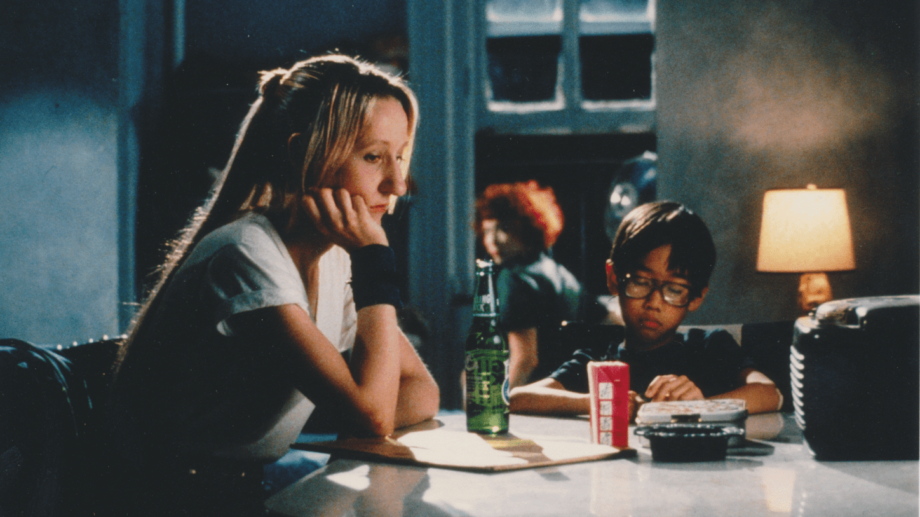In honor of the 50th anniversary edition of New Directors/New Films, taking place virtually and in theaters April 28–May 8, we’re excited to present ND/NF at 50: A Retrospective, a free virtual retrospective going on now which looks back on the festival’s impressive legacy. To learn more about each title streaming in the series, please scroll down below.
In 1972, Film at Lincoln Center (formerly the Film Society of Lincoln Center) and MoMA’s Department of Film presented the inaugural New Directors/New Films (ND/NF) festival, a modest but eclectic program of 11 films born from a simple desire to share the best new works by emerging international directors with New York moviegoers. 50 editions later, that mission continues unabated.
In acknowledging ND/NF’s rich history, we salute programmers past and present (in alphabetical order): Florence Almozini, Mary Lea Bandy, Sally Berger, Sophie Cavoulacos, Stephen Harvey, La Frances Hui, Jytte Jensen, Laurence Kardish, Wendy Keys, Joanne Koch, Robert Koehler, Izzy Lee, Dennis Lim, Adrienne Mancia, Marian Masone, Joanna Ney, Richard Peña, Richard Roud, Rajendra Roy, Brittany Shaw, Josh Siegel, Gavin Smith, Dan Sullivan, Madeline Whittle, and Tyler Wilson.
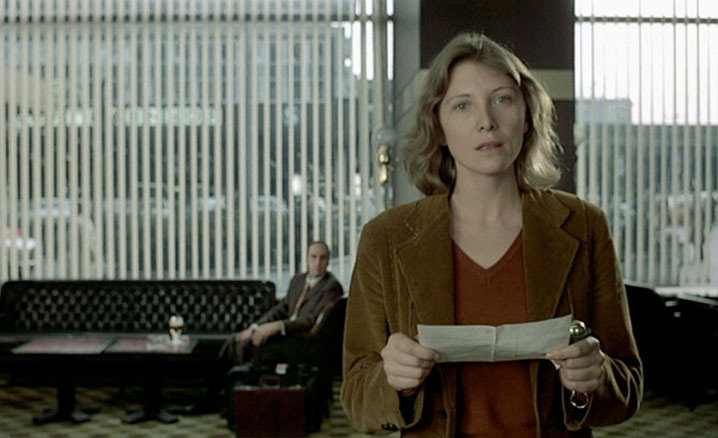
Still fromThe Meetings of Anna
With the festival’s inaugural edition (featuring directors Wim Wenders and Humberto Solás), a tradition began that would see countless up-and-coming ND/NF selectees go on to have incredibly fruitful, wide-ranging careers. Alumni such as Steven Spielberg (The Sugarland Express, ND/NF 1974), Theo Angelopoulos (Days of 36, ND/NF 1974 and O Thiassos, ND/NF 1976), Haile Gerima (Harvest: 3000 Years, ND/NF 1976), James Benning (11 x 14, ND/NF 1977), Mark Rappaport (Scenic Route, ND/NF 1978), Chantal Akerman (Les Rendez-Vous D’Anna, ND/NF 1979), and Wolfgang Petersen (The Consequence, ND/NF 1979) were just several of the filmmakers featured in the festival throughout the 1970s.
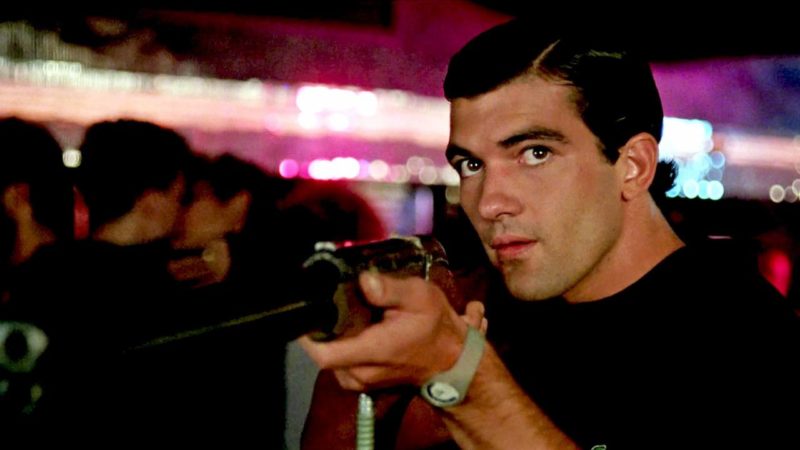
Still from Law of Desire
The 1980s saw the festival’s programming expand even further, extending its curatorial reach to filmmakers honing their skills across the globe.
Wayne Wang (Chan is Missing, ND/NF 1982), Spike Lee (Joe’s Bed-Stuy Barbershop: We Cut Heads, ND/NF 1983), Charles Burnett (My Brother’s Wedding ND/NF 1984), Euzhan Palcy (Sugar Cane Alley, ND/NF 1984), Pedro Almodovar (What Have I Done to Deserve This?, ND/NF, 1985 and Law of Desire, ND/NF 1987), Hou Hsiao-hsien (A Summer at Grandpa’s, 1986), Agnieszka Holland (The Woman Alone, ND/NF 1987), Christine Choy & Renee Tajima (Who Killed Vincent Chin?, ND/NF 1988), and Trinh T. Minh-ha (Surname Viet Given Name Nam, ND/NF 1989) were all featured prominently on our New York screens.
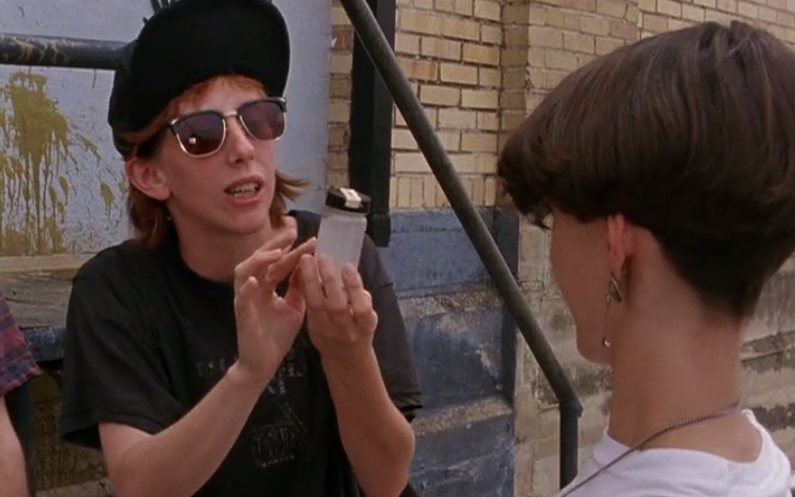
Still from Slacker
With the boom of the American independent film scene of the early 1990s on the horizon, ND/NF maintained its focus on boundary-defying work both foreign and domestic.
Whit Stillman (Metropolitan, ND/NF 1990), Wong Kar Wai (Days of Being Wild, ND/NF 1991), Richard Linklater (Slacker, ND/NF 1991), Kevin Smith (Clerks, ND/NF 1994), Guillermo del Toro, Cronos, ND/NF 1994), Tsai Ming-liang (Vive L’amour, ND/NF 1995), Hirokazu Kore-eda (Maborosi, ND/NF 1996), Mary Harron (I Shot Andy Warhol, ND/NF 1996), Nicole Holofcener (Walking and Talking, ND/NF 1996), Darren Aronofsky (π, ND/NF 1998), Christopher Nolan (Following, ND/NF 1999), and Lynne Ramsay (Ratcatcher, ND/NF 1999) would all go on to have incredible work featured in numerous Film at Lincoln Center programs shortly after the turn of the century.
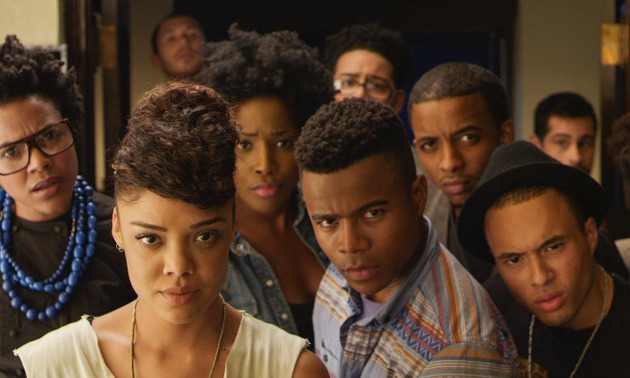
Still from Dear White People
The 21st century has thus far seen the festival grow in both the selection criteria (Stanley Kubrick’s debut feature, Fear and Desire, screened at New Directors/New Films in 2012, the same year the festival welcomed its first 3D selection, The Rabbi’s Cat) and how they are presented (for the first time in its history, this year’s festival will feature in-person and virtual screenings concurrently).
Filmmakers who made their presence known at the festival in the 2000s have included Anna Boden & Ryan Fleck (Young Rebels, ND/NF 2005 and Half Nelson, ND/NF 2006), Ramin Bahrani (Man Push Cart, ND/NF 2006), Laura Poitras (My Country, My Country, ND/NF 2006), Kelly Reichardt (Old Joy, ND/NF 2006), Lee Isaac Chung (Munyurangabo, ND/NF 2008), Yorgos Lanthimos (Dogtooth, ND/NF 2010), Dee Rees (Pariah, ND/NF 2011), Athina Rachel Tsangari (Attenberg, ND/NF 2011), Denis Villenueve (Incendies, ND/NF 2011), Benh Zeitlin (Beasts of the Southern Wild, ND/NF 2012), Terence Nance (An Oversimplification of Her Beauty, ND/NF 2012), Sarah Polley (Stories We Tell, ND/NF 2012), Justin Simien (Dear White People, ND/NF 2014).
Feeling as nostalgic and celebratory as us? Explore a selection of favorites from the first 30 years of the festival, showcasing early works from filmmakers such as Lee Chang-dong, Chantal Akerman, Charles Burnett, and Christopher Nolan, now playing for free in the FLC Virtual Cinema through April 28. Check out the titles below.
The Goalie’s Anxiety at the Penalty Kick
Wim Wenders, 1972
1972 ND/NF Official Selection
Rent for free here
33rd Venice Film Festival – FIPRESCI Prize
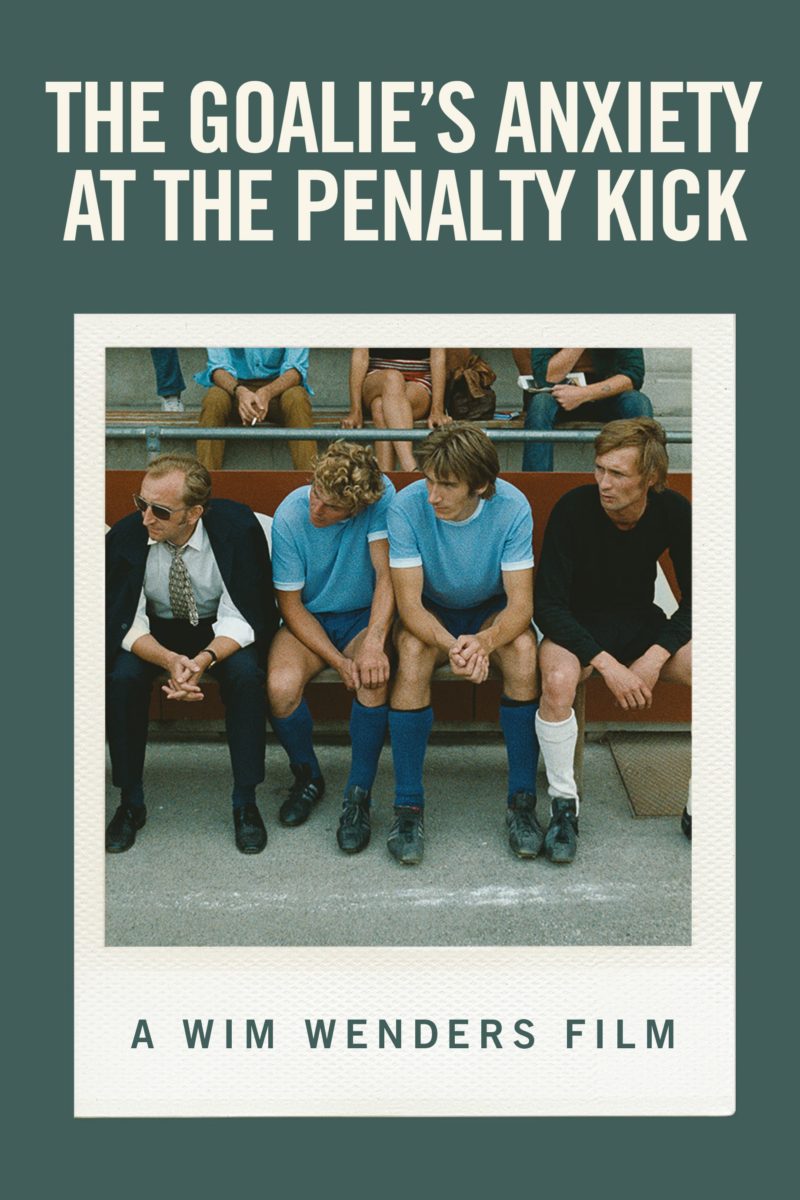
Wenders’s second feature, adapted from Peter Handke’s novel of the same name, is a tautly constructed, Hitchcockian tale of anomie and isolation. After goalkeeper Josef Bloch (Arthur Brauss) is ejected from a football match, he wanders around Vienna, spends the night with a cinema cashier, and commits a seemingly purposeless crime.
As always, Wenders’s use of music is unerringly precise and surprising—“The Lion Sleeps Tonight” as the anthem to an existential crisis?—and as Bloch puts another coin in the jukebox, the film charts his moral disintegration with a resolute lack of sentimentality.
“A fantastically strange, lugubrious existential crime noir based on the novel by Peter Handke ” – The Guardian, Peter Bradshaw
My Brother’s Wedding
Charles Burnett, 1983
1984 ND/NF Official Selection
Rent for free here
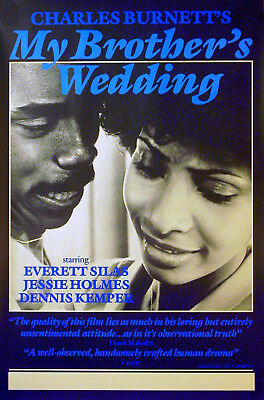
Unreleased following its 1984 ND/NF premiere, Charles Burnett’s deeply humanist follow-up to Killer of Sheep (1978) observes a man adrift, Pierce Mundy (Everett Silas), navigating friendship and familial obligation in South Central Los Angeles.
Relatively ambitionless and content to work at his parents’ dry-cleaning business for the foreseeable future, Pierce is a quintessential underachiever, at least compared to his lawyer brother Wendell (Monte Easter), who has upward class mobility on his mind with an impending wedding to a wealthy, pretentious woman. But when Pierce’s best friend Soldier (Ronnie Bell) gets out of prison, Pierce finds his own conflicts with the world around him coming to a head. My Brother’s Wedding stands among Burnett’s richest and most affecting meditations on the tragicomedy of everyday life.
“Burnett fills the film with voices and memories, humor and rage” – The New Yorker, Richard Brody
Join us virtually for an exclusive New Wave discussion led by FLC Assistant Programmer Dan Sullivan on My Brother’s Wedding. New Wave is FLC’s curated membership program for film lovers and professionals in their 20s or 30s. Learn more here.
The Living End
Gregg Araki, 1992
1992 ND/NF Official Selection
Rent for free here
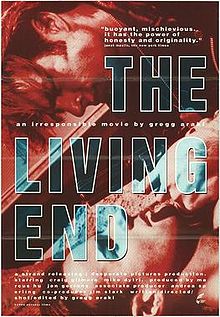
A landmark work of the New Queer Cinema of the early 1990s, Gregg Araki’s third feature marked a visionary reinvention of the road movie, suffused with the ambient irony, despair, and anger in the wake of the AIDS crisis. Destiny leads hustler Luke (Mike Dytri) to meet film critic Jon (Craig Gilmore), who, like Luke, is HIV-positive.
When Luke kills a homophobic cop, the stage is sety for an expressly nihilistic road trip–cum–crime spree that transmutes the hopelessness of the LGBTQ+ community—after years of dealing with ubiquitous bigotry, persecution, and the pathogenic horror of the AIDS epidemic—into a lovers-on-the-run fever dream quite unlike any other.
“Miraculously, the film has a buoyant, mischievous spirit that transcends any hint of gloom.” – The New York Times, Janet Maslin
The Meetings of Anna
Chantal Akerman, 1978
1979 ND/NF Official Selection
Rent for free here
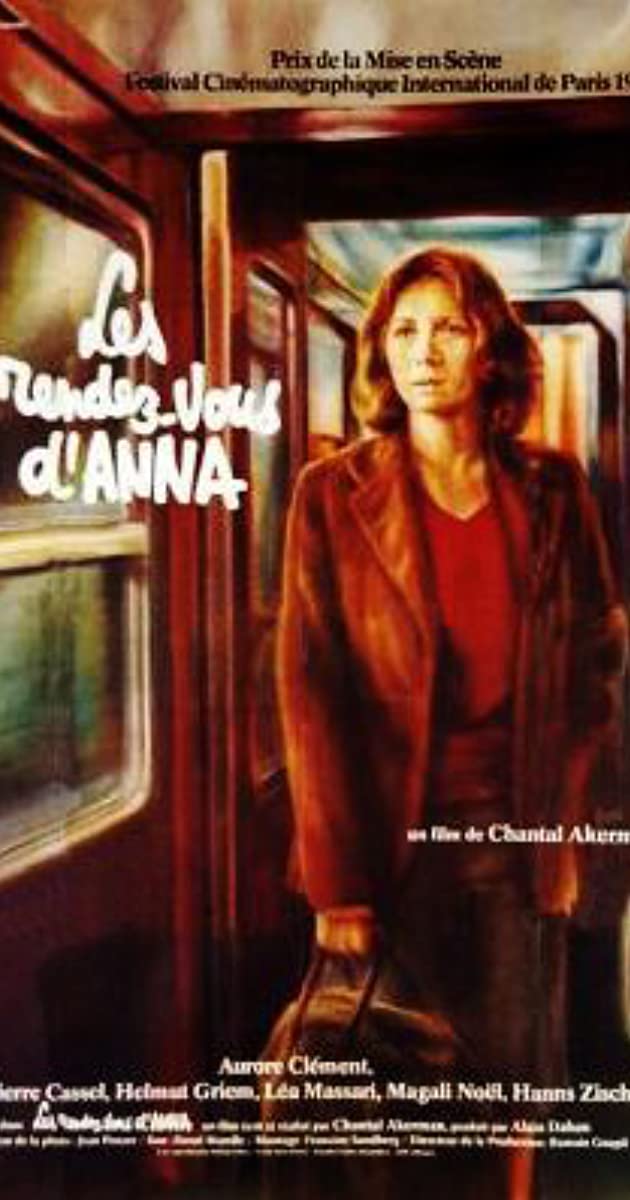
In Chantal Akerman’s fourth feature—a follow-up to her breakthrough film, Jeanne Dielman, 23 Quai du Commerce, 1080 Bruxelles (1975)—Belgian filmmaker Anna (Aurore Clément), on a promotional tour through a featureless northern Europe, fluctuates between intimacy and disengagement with a series of figures, including a one-night stand (Helmut Griem), a former lover (Jean-Pierre Cassel), and her distant mother (Lea Massari).
A kind-of self-portrait as only Akerman could have made, Les Rendez-vous d’Anna dials down the legendary rigor of Jeanne Dielman in favor of a more open, wide-ranging structure to evoke the solitude of a woman drifting along the currents of history.
“Miss Akerman’s film has a crisp, simple elegance at times, as the camera studies a hotel room or a train station with a patience like Anna’s own.” – The New York Times, Janet Maslin
Additional reading: Film Comment on the queer traits of the film here.
Playing Away
Horace Ové, 1986
1987 ND/NF Official Selection
Rent for free here
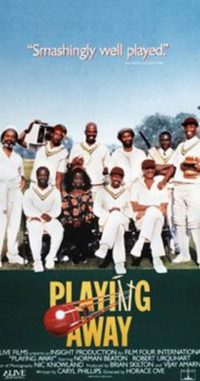
Horace Ové’s wry satire (originally produced for Britain’s Channel 4) is set in a seemingly idyllic (and affluent) village in Suffolk amid its “Third World Week” celebration. The residents decide to cap the festivities by inviting a West Indian cricket team from Brixton to come and play a charity match against the local side.
Suffice it to say, their best-laid plans are thwarted to hilarious effect, as the Trinidadian Ové brilliantly paints the absurd, at times clumsy ways in which disparate communities attempt to overcome their cultural differences. Buoyed by an exceptional ensemble cast, Playing Away is a never-less-than-entertaining send-up of cultural mores and a genuinely and incisively political examination of the state of multiculturalism in mid-’80s Britain.
“With the help of an excellent cast, the film makers bring to particular life nearly a dozen characters who never quite conform to expectations.” – The New York Times, Vincent Canby
Following
Christopher Nolan, 1999
1999 ND/NF Official Selection
Rent for free here
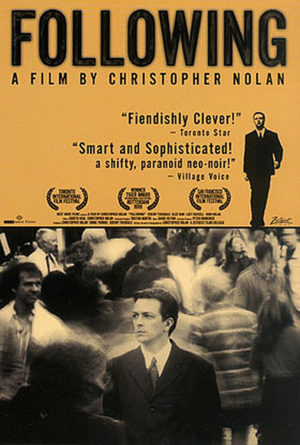
Bill (Jeremy Theobald), a wannabe writer, spends his considerable free time tailing people, picked at random, through the streets of London. For a time, his self-imposed regulations give him peace of mind, though soon enough he finds himself breaking his own rules, and the stalking becomes an intensifying obsession. Consequently, Bill is caught in the act by one of his quarries, a debonair burglar named Cobb (Alex Haw), who introduces Bill to a voyeuristic world of breaking and entering, where prying into people’s lives takes precedence over stealing objects.
Through an ingenious series of flashbacks, flash-forwards, and counter-flashbacks, Christopher Nolan’s wickedly clever feature debut ensnares its characters (and the audience) in a winding, startling, and utterly engrossing cinematic labyrinth.
“Audiences will walk out of the theater shocked to find that only 70 minutes have gone by.” – San Francisco Chronicle, Mick LaSalle
Additional reading: A 2018 Film Comment interview with Nolan here.
Duvidha
Mani Kaul, 1973
1976 ND/NF Official Selection
Rent for free here
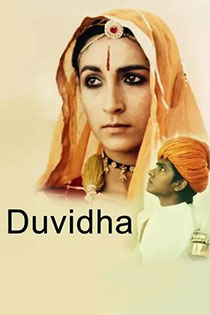 A hypnotic and enigmatic ghost story derived from a Rajasthani folktale, Duvidha endures as a seminal contribution to the Indian cinema of the 1970s. A mischievous (and lonely) ghost seeking company fixates upon a beautiful young woman whose merchant husband is away on a five-year business trip (which began the day after their wedding!), so he transmutes himself into the man’s doppelganger. But the ghost’s plan goes awry when the husband finally returns home…
A hypnotic and enigmatic ghost story derived from a Rajasthani folktale, Duvidha endures as a seminal contribution to the Indian cinema of the 1970s. A mischievous (and lonely) ghost seeking company fixates upon a beautiful young woman whose merchant husband is away on a five-year business trip (which began the day after their wedding!), so he transmutes himself into the man’s doppelganger. But the ghost’s plan goes awry when the husband finally returns home…
A strikingly stylized synthesis of folklore and cinematic modernism, Duvidha is a singular work as attuned to spectral vibrations as it is the rhythms, rituals, and textures of quotidian life.
“Kaul tells this metaphysical love story with a quiet rapture that blends documentary observation and dramatic stylization.” – The New Yorker, Richard Brody
Twenty Years Later
Eduardo Coutinho, 1984
1985 ND/NF Official Selection
Rent for free here
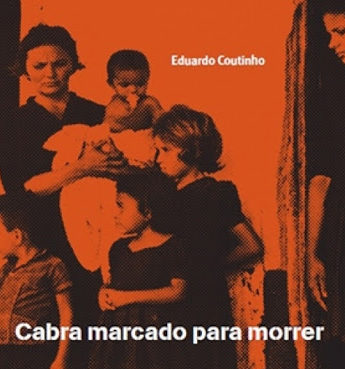
In 1964, Eduardo Coutinho was making a film about João Pedro Teixeira, who was murdered by police as a result of his efforts to organize farm workers in northeast Brazil. The director cast nonactors in the production, including Teixeira’s widow as herself, but shooting was cut short in the wake of the military coup that same year; footage was seized, with a number of participants imprisoned.
The project was finally revived 20 years later, as the country was transitioning to a democracy, but now the film took on a different shape: Coutinho incorporated the earlier material as well as new interviews with those originally involved and reflections on the injustices of the interval, yielding a prismatically reflexive, genre-defying essay on political commitment and life under dictatorship.
“Coutinho has made a provocative, one-of-a-kind document that is both an essay on the last 20 years of Brazilian politics and an essay on cinema verite.” – The New York Times, Vincent Canby
Lucía
Humberto Solás, 1968
1972 ND/NF Official Selection
Rent for free here
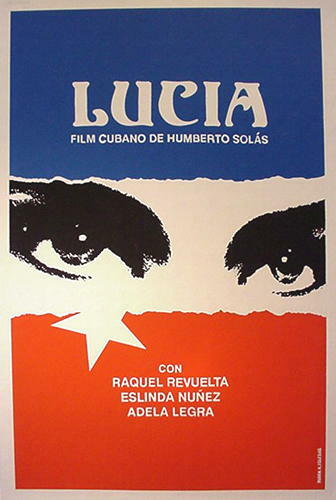
Among the most revered works of Cuban cinema, Humberto Solás’s masterful Lucía never had its stateside premiere at the inaugural edition of New Directors/New Films in 1972 because the print failed to arrive from Cuba due to the U.S.’s embargo.
Some 49 editions of ND/NF later, we’ve come full circle: Solas’s vast black-and-white triptych, about three women negotiating their oppressive circumstances at three critical moments in Cuban history (the war for independence in the 1890s, the uprising against the Machado dictatorship in the 1930s, and the post-revolutionary 1960s), remains as astonishing and immersive today as it was way back when.
“An openly tendentious tour de force considered by many as Cuban cinema’s peak accomplishment.” – The New York Times, J. Hoberman
Sleepwalk
Sara Driver, 1986
1987 ND/NF Official Selection
Rent for free here
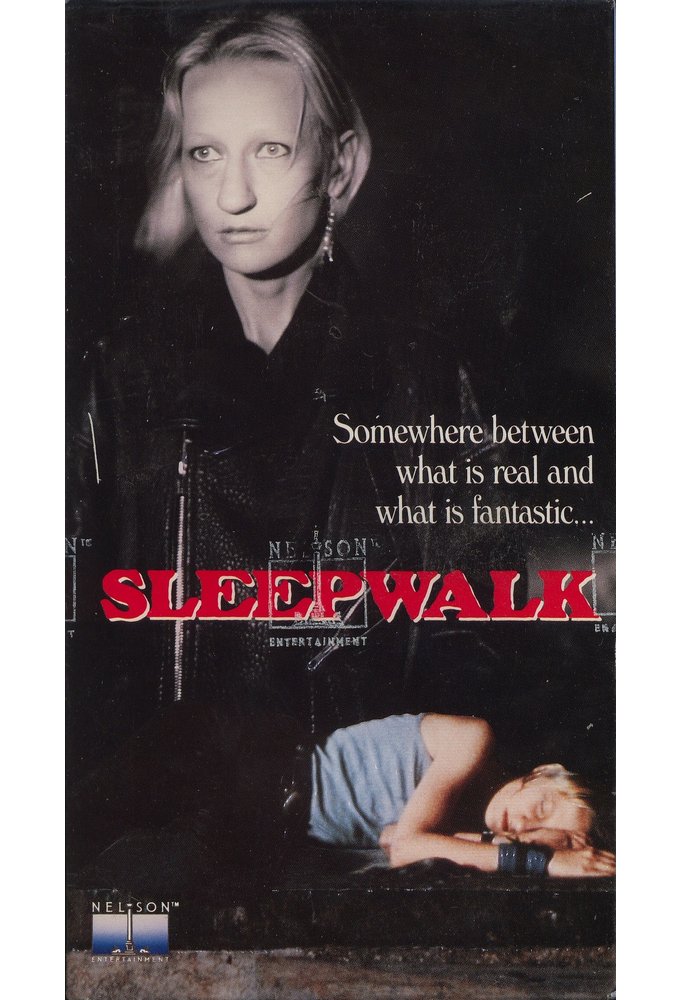
A beguiling and enigmatic nocturnal adventure set at the intersection of SoHo, Chinatown, and Tribeca, Sara Driver’s first feature begins in mundane daily life but imperceptibly drifts into the dreamlike realm of the trance film.
Single mother Nicole (Suzanne Fletcher), a typesetter who happens to speak fluent Mandarin, is hired by a mysterious teacher (Stephen Chen) to translate an equally mysterious manuscript. Soon enough, portentous events and encounters proliferate around Nicole to increasingly spooky effect, vividly foregrounding downtown New York City (here captured pre-gentrification) as a ghostly domain in which there’s nothing strange nor inexplicable about the strange and inexplicable.
“Sara Driver is an often overlooked linchpin of the downtown New York independent film scene.” – The New York Times, Dennis Lim
Peppermint Candy
Lee Chang-dong, 1999
2001 ND/NF Official Selection
Rent for free here
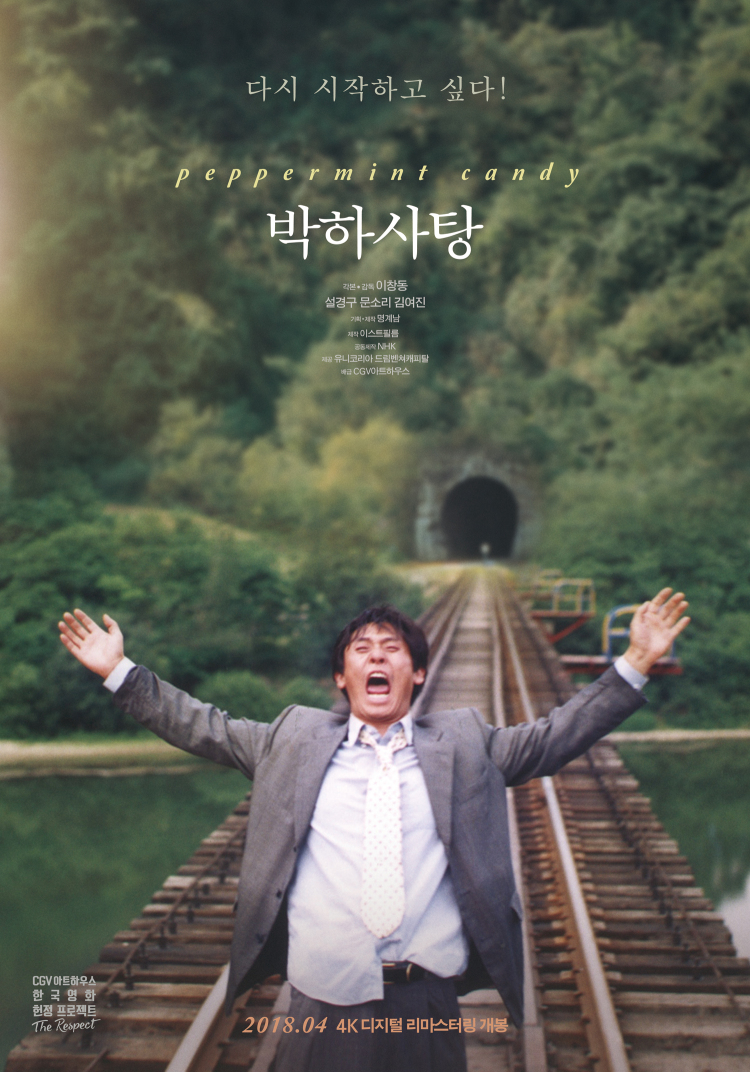
Middle-aged Yong-ho (Sol Kyung-gu) appears to be on the verge of suicide at a 20-year reunion with friends. Multiple flashbacks show just his interim life, from 1979 to 1999. In a period defined by a series of pivotal national events—the Gwangju Uprising, which ended in the deaths of hundreds of people demonstrating against the military government; the subsequent repressive political environment; the rise and fall of the Korean economy—Yong-ho finds himself swept up by momentous forces beyond his control.
Lee Chang-dong displays an extraordinarily deft touch in interweaving complex historical events and private life, national trauma and personal failure, portraying a man who is both victim and aggressor.
“The film offers a heartbreaking drama told in reverse chronology and spanning twenty years in both the life of the main character and the political history of Korea.” – KPBS.org, Beth Accomando
Additional reading: A 2018 Film Comment interview with Lee on the release of Burning here
For more information or tickets to this year’s New Directors/New Films festival, click here.


